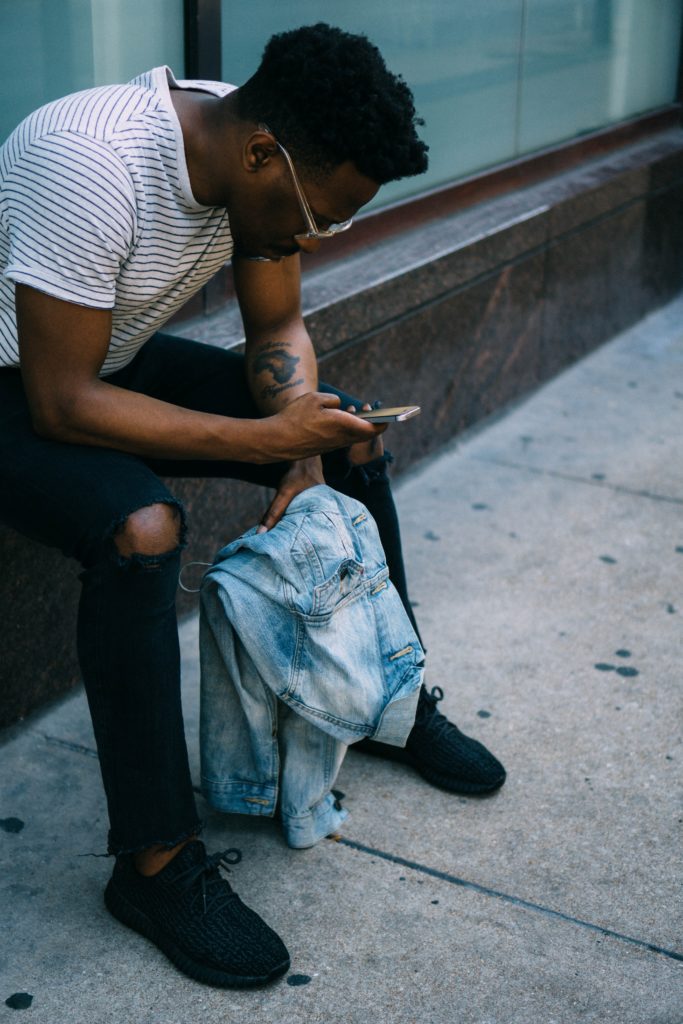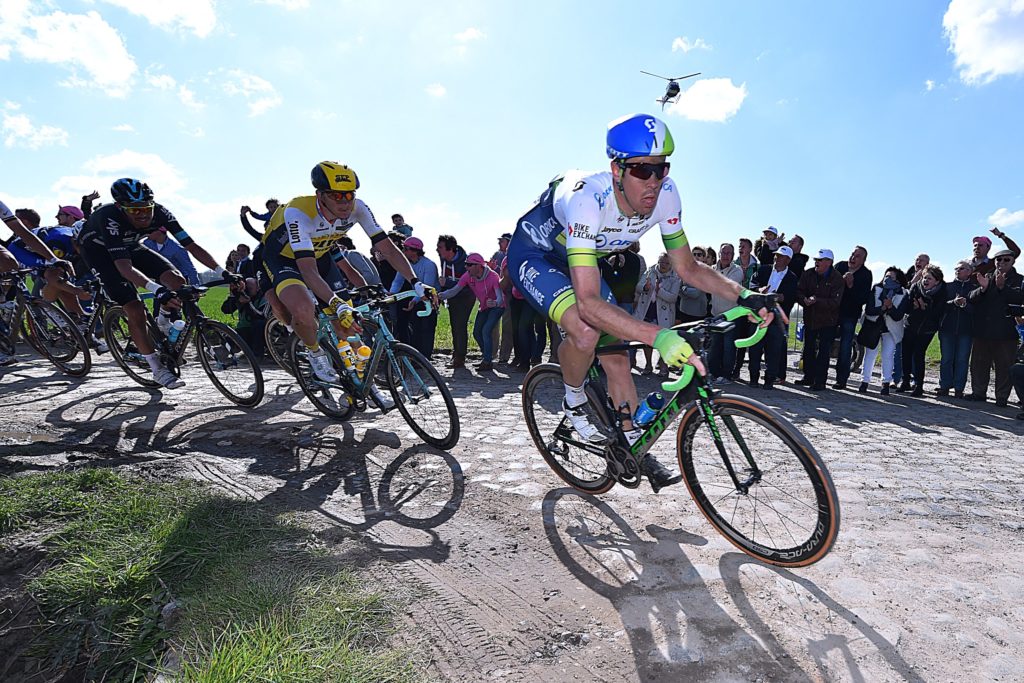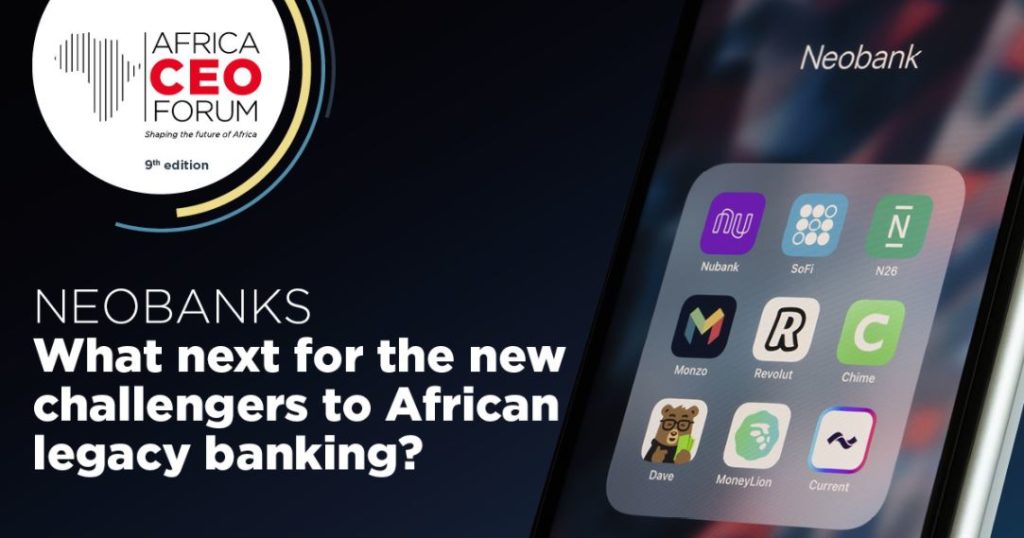Thandeka Nombanjinji-Nzama has the cranes and concrete of construction in her blood. She might as well have been born in a hardhat.
Her late father Ligwa Nombanjinji founded a construction firm in 1981, a business Nombanjinji-Nzama went on to successfully run for many years when Mr Nombanjinji became ill and her groomed-to-lead-the-business brother passed away, while still in her 20s.
That experience taught the PR and marketing-trained Nombanjinji-Nzama a lot about what it takes to run a big operation like Nombanjinji Family Property, but also instilled in her a burning desire to challenge what she considered an unhealthy male hegemony entrenched in the South African construction game.
A 2018 survey by the country’s Construction Industry Development Board (CIDB) found just 11% of sector professionals were women. About a quarter of the biggest construction firms are at least 51% or more female-owned; 34% are black owned.
“When I got into the construction sector, I realised the immense patriarchal challenges and unsolicited red tape for females within the industry,” Nombanjinji-Nzama tells us.
More here.
Category: Allgemein
How has Africa’s mobile money market adapted to the pandemic?

Covid-19 led to widespread regulatory limits on mobile money transaction fees to boost financial inclusion through the pandemic. How have the controls impacted mobile money operators, which earn 80%+ of revenues from transaction fees? It looks like the controls are here to stay in some countries. In others, like Tanzania, Vodacom and Airtel successfully lobbied to remove a mobile money tax.
Africa’s two biggest mobile money markets – Kenya and Ghana – were early movers to scrap fees on mostly smaller transactions soon after the pandemic hit in early 2020. Other African nations soon followed with fee limits and mobile money tax relief.
Regulators and central banks in more than 20 African countries paused or reduced mobile money taxes while raising limits and imposing transaction fee restrictions or waivers on mobile service providers.
Côte d’Ivoire, Senegal, Rwanda, Malawi, Uganda, Kenya, Nigeria, Gambia, Mali, the Democratic Republic of the Congo, Liberia, Egypt, Morocco were just some of the countries to impose controls designed to empower millions of mostly person-to-person (P2P) and cash-to-wallet retail mobile money users at the height of the pandemic.
Eighteen months on, certain governments have reintroduced or increased mobile money taxes to help replenish pandemic hit coffers while some cross-border transfer fee caps persist.
The central bank-led measures have proven highly effective at boosting financial inclusion and are likely to remain in some countries for the foreseeable future. Initial negative attitudes by mobile money operators are slowly changing in some markets but are being reinforced in others.
More here.
Paris-Roubaix champ: ‘It’s a bit out there but I fell in love with it’

To hear 2016 winner Mat Hayman affectionately describe Paris-Roubaix’s brutal cobble stoning of bike and bone as “a bit special”, is to comprehend a little of the reverence in which the toughest of cycling’s five one-day monuments is held among (most of) the cycling community.
“Some riders get really hooked on it,” the 43-year-old Australian tells The Draft. “It’s the one race of the year they live for. It’s a bit special, it’s a bit out there but I fell in love with the it.”
The same can’t be said for all who’ve attempted Roubaix. Even though the Frenchman Bernard ‘the Badger’ Hinault, was in 1981 one of the few Grand Tour GC (general classification) riders to raise the famous mounted cobble trophy in the Roubaix velodrome, he only rode the race three times and later declared it “une connerie” – a bullshit race basically.
The Badger, like many others who have given Roubaix the swerve over the decades, turned his snout up at the random way 50+ kilometres of roughhewn, cobble stone farmer’s paths could cause punctures, mechanicals and crashes, not to mention a bodily jackhammering from hell.
Not Hayman, who even in Roubaix pavé royalty terms, is a bit special, sharing the record of 16 completed ‘Roubaixs’ (pl. Roubeaux?😬) with the Belgian Raymond Impanis (1947-1963) and Dutchman Servais Knaven (1995-2010).
“I liked it,” the Belgium-based Bike Exchange sporting director says by phone as he prepared to recon some of the pavé sections of this year’s 258k jaunt north to the Belgian border with his 7-man team this week. “But then I tended to be better at it than most.”
More here.
Neobanks: What next for the new challengers to African legacy banking?

Africa-focused neobanks are riding the wave of online banking’s growing global influence and are attracting big investment, creating another challenger beyond mobile money for legacy banks. But can they be any more successful in serving the unbanked than traditional counterparts?
Two of the biggest African neobanks are taking big strides: Kuda in Nigeria and TymeBank in South Africa.
South Africa founded TymeBank, which recently moved its headquarters to Singapore, in February won $109 million in funding from British and Philippine investors, including Apis Partners and the Gokongwei Group. In August, Kuda received $55m in a third funding round that valued the neobank at $500m – making it the 7th biggest among all Nigerian banks.
| Africa’s fintech funding frontrunners Other payments and loan-focused fintechs attracting investment are: Nigerian payments operation OPay ($170m);Ugandan firm Chipper Cash ($152m); Cellulant (payments, Kenya, $54m); PalmPay (payments, Nigeria, $40m), Migo (loans, Nigeria, $37m); Paga (payments, Nigeria, $32m); OneFi (loans, Nigeria, $16m) and Paystack (payments, Nigeria, $12m). Between them, the Nigerian-dominated top-10 have raised almost $750m in 36 unique funding rounds. Source: Digest Africa |
The intersection of high mobile phone penetration and mass numbers of unbanked or underbanked Africans are key drivers to neobank and fintech customer growth.
But Africa still lags other continents in neobanking exposure – less than 20 of the world’s 300+ neobanks are African-focused.
“The top funding guys in Africa are still behind some of the numbers you’re seeing in Europe, in Asia, in South America,” said Barcelona-based Exton Consulting analyst Lance Daniels, who co-authored a recent report on global neobanking movements.
African neobanks, he said, are attracting many first-time banking clients compared to Europe where the focus is converting customers to digital-only. “It’s still ramping up in Africa whereas a lot of other markets are reaching neobank saturation,” he added.
More here.
Press the pedals & mess with your stress
Pic: Eliseo Hernández
Use your noggin: Moving meditation
Physiologists, neurologists and other scientists have explored and documented why exercise forms like bike riding are so beneficial for mental health: from mood-boosting cannabinoid and endorphin release to the proliferation of proteins like the onerously titled brain-derived neurotrophic factor (BDNF) and wonderfully named compound, noggin – both of which promote brain cell growth and better cognitive fluidity (which can help reduce stress).
Cycling has also been shown to reduce levels of stress-inducing chemicals like cortisol and adrenaline.
More prosaic benefits include cardiovascular regulation, skill and goal attainment (which boosts confidence and can reduce stress) and communing with nature and other riders.
“Just cruising on your bike, feeling the wind, even the rain, hearing the birds and just trying to connect with the feelings of your legs pedalling will be of great help for boosting your mind,” says Luxembourg-based Delphine Dard-Pourrat, a behavioural economist, yoga teacher, cyclist and fellow Haute Route bike race ambassador.
More here.

